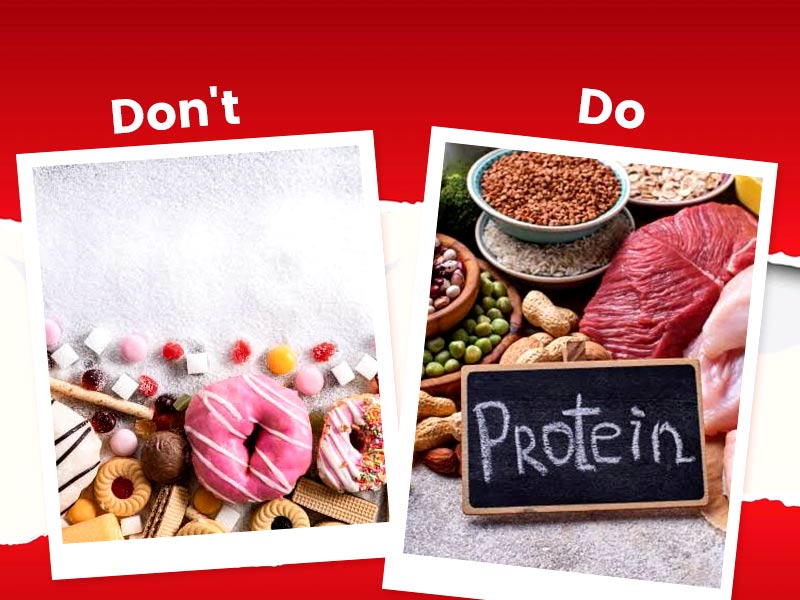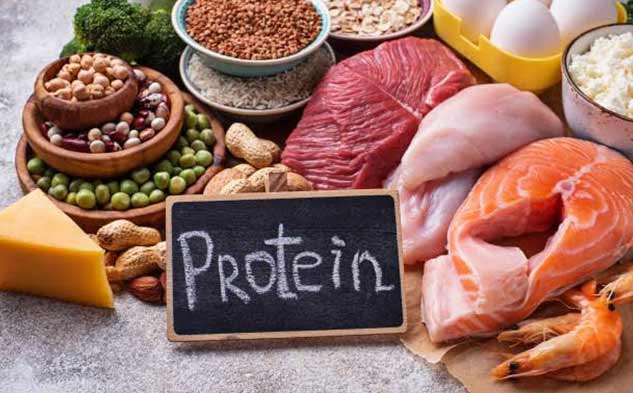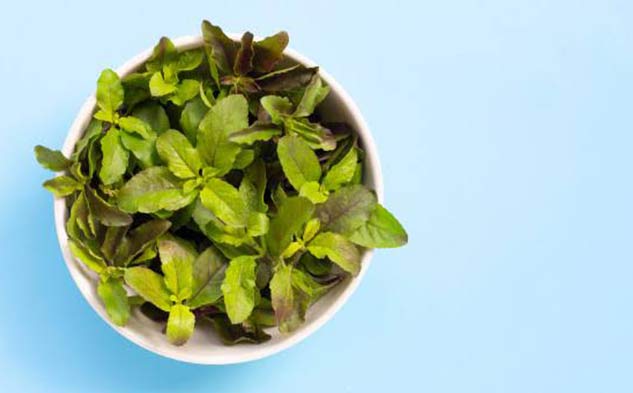
Winter season is here and this is the time when everyone feels lazy and hungry most of the time. Did you know there is increase in your appetite with the fall of winter? This is because we tend to burn more calories to generate that extra heat, which in turn increases our appetite. In winter season we increase intake of food high in sugar and carbohydrates to increase our energy level and also to keep our body warm. But, this change in your diet can make you feel fatigued and tired. This can cause winter weight gain which you do not want at all. Onlymyhealth editorial team spoke to Ms. Anam Golandaz, Clinical Dietician, Masina Hospital, Mumbai, to know about the dos and don'ts for winter diet plan.
Table of Content:-
Dos and don'ts for winter diet
A few simple yet important dietary tips when followed consistently could not only help you cut the bulge but also make you feel more energetic. According to Ms. Anam, here are some dos and don'ts to follow a winter diet plan:
Do:
1. Fill up your plate with protein

Protein gives you satiety and thereby, preventing you from loading up on sugary, fattening stuff, especially during winter when we feel more hungry. It helps in maintaining weight. Protein also improve immune function and helps us to fight winter cold and cough.
2. Sip on herbal teas
Dehydration is very common during winter days. We generally feel less thirsty. And, what we often hear as 'hunger pangs' are actually symptoms that the body needs more water and not food. Dehydration also cause weak metabolism which leads to digestive problems. Warm herbal teas not just help in soothing and hydrating your body, but can also keep us fuller for long. Green tea, black tea, and chamomile tea are known to manage appetite as well as prevent us from overeating.
Also read: 6 Important Winter Foods To Consume In The Increasing Cold
3. Add soups in your meal
Including a low-calorie soup right before a meal could help you to keep away from overeating, resulting in less calorie consumption and weight management. Instead of buying ready-to-cook soup mixes from the supermarket, try making them with plenty of veggies.
4. For healthy skin
Skin dryness is very common in winter days. The vitamin E and Omega-3 fatty acids found in most nuts will combat your dry skin problems. Other skin-protectors like sesame seeds, flaxseeds and fish include in your diet.
5. Immunity booster (medicinal food)

Ginger, cinnamon, turmeric, tulsi, methi, black mustard seeds, ajwain, saffron, black pepper and clove are working as an immunity booster agents. They also work as a powerful antibiotic, anti-viral and anti-fungal agent while also lowering blood pressure and cholesterol levels.
6. Vitamins & minerals
Vegetables and fruits are loaded with vitamin C that boosts the immune system. Leek, broccoli, beetroot, bell pepper, brussel sprouts, carrots and spinach help maintain the haemoglobin levels, while fruits like peaches, strawberries, grapefruit, kiwi, pineapple, oranges, apricots and papaya can keep you warm.
Also read: 5 Winter Foods That You Should Be Eating For Healthy and Soft Skin
Don'ts:
1. Cream-based soups
Cream based soups are a no no in all the seasons, including winters. Avoid them as they are usually high in corn-starch and calories.
2. Fried snacks
Avoid oily and junk food if you don’t want to pile on extra pounds. Fried snacks also causes digestive problems and metabolic diseases.
3. High sugary food
High sugary sweets like laddo, barfi, chocolates etc are contributory factors for weight gain. So try to avoid it. Jaggery and jaggery-based sweets like peanut chikki, give heat to the body. Jaggery also keeps digestion in check and the blood iron-rich.
Image credits: Freepik
How we keep this article up to date:
We work with experts and keep a close eye on the latest in health and wellness. Whenever there is a new research or helpful information, we update our articles with accurate and useful advice.
Current Version
